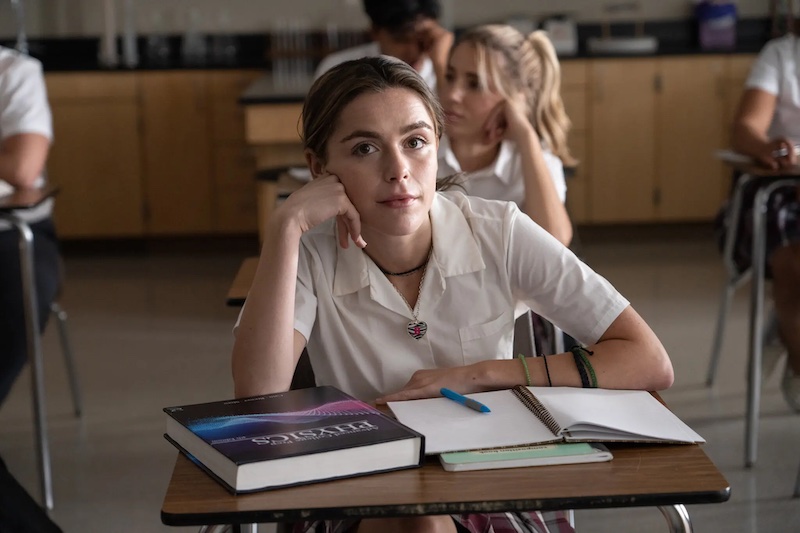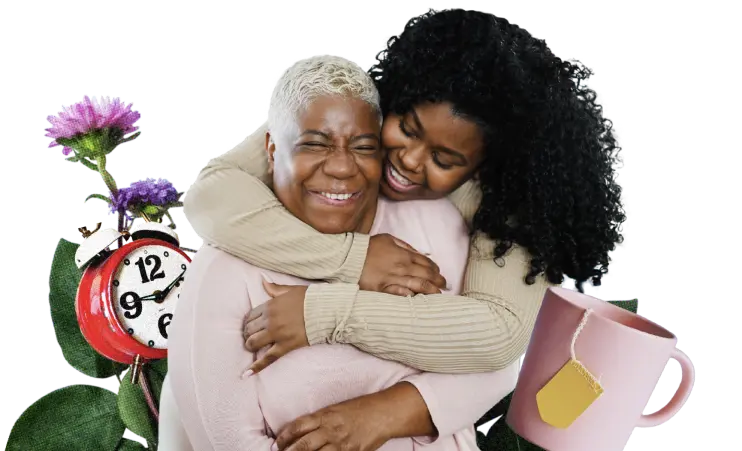
Despite the fact that millions of people provide or depend on care, the feeling of being alone is one of the most common experiences for those who have care responsibilities or needs. But feeling alone isn’t the same as being alone. Authentic representation in popular culture is a powerful way to show that care, actually, is all around.
Story Sparks:
- Abdul cares for his spouse Fatima who has early onset Alzheimer’s. It’s a strain to manage her care and provide daily support while also maintaining his full-time job, where nobody else knows what he’s dealing with at home. Talking about memory care is a hard break room conversation to initiate with your superiors over yogurt.
- Bea is diagnosed with an intellectual disability as an adult. She doesn’t know how to talk to her family about it or what kind of support to seek out. Googling isn’t the same as a conversation with a cousin who has the same diagnosis.
- Chandler is supporting his partner Tasha who’s recovering from a life-saving organ transplant, and has to take on more work to help pay the bills for continued medical therapy. He’s glad to do it, but spending most of his time working and caring leaves him feeling pretty lonely. Late night video game binges just aren’t cutting it.
- Daniela, who recently left her job to care for her dad Ramón, meets up with friends for dinner. When everyone gives updates on their lives – new partners, new breakups, new jobs, new moves, etc – Daniela holds back, feeling more like “Care and the City” than Sex and the City (For real, though? Her friends are ready for a new story: SATC already gave us 6 seasons, 2 movies, and a sequel.)
- When Eric’s care worker has to take a sick day, Eric has to find someone to help them get to a family member’s birthday party. It’s an epic struggle worthy of all the awards.
STORYTELLING TIP:
The individualistic nature of U.S. culture can discourage people from seeking support, which further fuels a sense of isolation; consider how new stories can shake up the status quo. Be the change we want to see!
A quick note: scenarios described here are generalized from information that Caring Across Generations has collected through focus groups, polling, and other research. They are generalized scenarios and are not any one individual’s story, and they are not meant to be comprehensive of all experiences having to do with care. This resource is intended to illuminate new storytelling opportunities that also contribute to a more authentic and holistic representation of care on screen.
